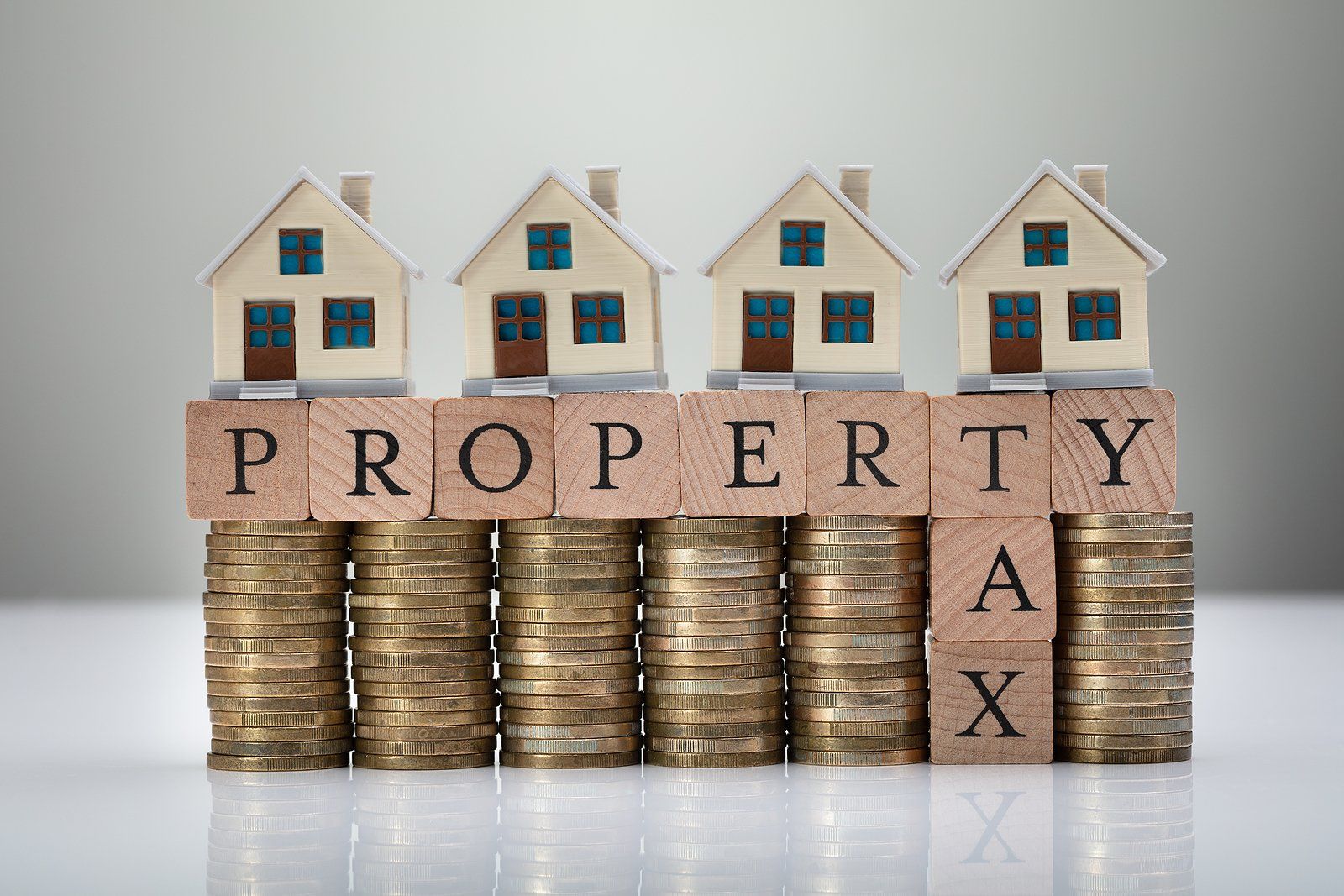New Paragraph
Property Taxes
You should have received your 2021 property tax assessments in the mail. Your property assessment reflects the estimated value of your property on July 1, 2020, along with your property characteristics and condition on Dec 31, 2020. How does the city know the condition of your property on a specific date? Good question. How do they even know what sort of upgrades and finishings you have inside your house? The short answer is they do not. So it is important to note a property assessment is NOT to be confused with your current market value.
If you are thinking about selling your property, it would be best to talk to a realtor who will be able to give you a better idea of current market values along with current market conditions. Need a realtor?
EMAIL me and I can connect you with the best. With the current shortage of supply in the market, some home sellers are selling quicker and for more money than they thought even 6 months ago.
Your value on your property tax assessment CAN and does impact your property taxes. For 2021 the City of Calgary has seen property assessment values decrease by 2% over the previous year. This was based on a typical residential home of $445,000 which is down from $455,000.
City council has proposed an overall tax decrease of 1.66% for 2021, but we will see when they are mailed out in May.
You can estimate your property taxes with the city’s property tax calculator by clicking HERE.
Feel like disputing your property assessment click this LINK2021 key dates
- Jan. 2 to March 4, 2021 – Customer Review Period
- May 2021 – property tax bill mailing
- June 30, 2021 – property tax due date
More questions on property taxes, property values or want to talk mortgages call 403-614-9211 or EMAIL.
Share
RECENT POSTS


STAY INFORMED
Subscribe to my newsletter




